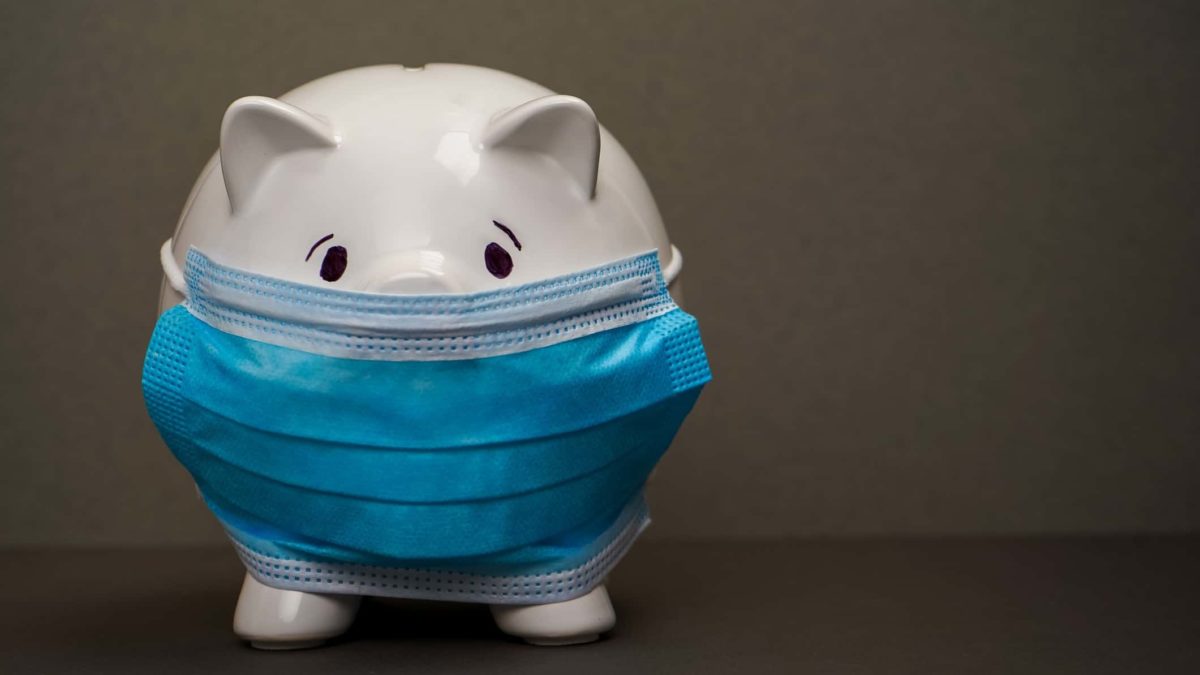One of the worst tropes of modern politics is the 'Everything is terrible and I'm the only one who can fix it' approach to campaigning. Yes, things can always be better, but give me a bloody break. The average Australian is luckier and better off than probably 98% of the world's population. And, frankly, while I'm not an Australian exceptionalist, if you can find a country you'd prefer to live in, you'd be doing pretty well.
Our pollies are like the apocryphal father who, when his daughter gets 99% in an exam, asks 'What happened to the other 1%?'. They sow seeds of discontent, reminding us of our problems — caused by the other guy, of course — as a way to try to grab our votes.
Talk about miserable.
How about 'It's great, but I want you to vote for me so I can make it better!'? Our wealth, life expectancy, safety nets, medical and education systems, geological stability, climate, and democracy aren't perfect… but I wouldn't swap what we have for any other. So next time you think you're 'unlucky', remember the odds of you living in Australia are about 1 in 300.
That's pretty lucky.
And something to celebrate, I reckon. By all means, make the place even better, but don't lose sight of the fact that we're starting the 100 metre sprint at the 90m mark!
Speaking of luck, though, I got lucky this time last year.
Those of you who were invested then might disagree — yesterday was the 12 month anniversary of the ASX 200's COVID-induced low.
Lucky? Really?
March 23, 2020, was the bottom of the crash that started one month and four days earlier — and was the fastest bear market in history. The luck I'm referring to, though, was that I happened to write an article that day. It was, to be fair, only a midpoint in my full-court-press efforts to keep our members and readers calm during a very volatile time.
I wrote a lot of similarly-themed articles. Judging by the feedback at the time, and since, we helped some people, which I'm immensely proud of. When I wrote that article, on March 23, 2020, I had no idea it was to be the low point for the ASX in 2020. I 'fessed up to some mistakes. I made no predictions. But I did recommend that our members and readers keep buying. Or, at the very least, not sell. And while, as I've said many times, I don't do victory laps, I have a simple question for you:
How many other experts were telling you to buy, that day?
Here's an excerpt of what I wrote:
———————
I have no idea how much further shares may — or may not — fall from here. I have no idea how long the economic and financial pain lasts. There is no shortage of 'experts' out there, telling you what's going to happen in the short term.
Do you really think they know? Or are they presenting opinion as fact?
How could they know? We've never been here before. And if they don't know, why would you act on their advice? For the record, I have the same instinctive evolutionary response to the doom-and-gloomers as you do: 'But what if they're right? I mean, it's possible.'
Is it likely, though?
You could be hit by the proverbial bus. It's possible. You could be struck by lightning. It's possible. Can you see why our brains are drawn to those spouting doom? It was an evolutionary advantage, when the choice was between 'run' or 'wait and see if it's a lion'.
You can't diversify your life and death decisions. We're not on the savannah any more, though. We don't have to guess which short-term prognosticator might be right. Over the long term, things come into clearer focus.
For example:
— The ASX has always gone on to hit new highs.
— Dollar-cost-averaging has always worked — financially and emotionally.
— Diversification is the only free lunch in investing.
Those are long term approaches.
Yes, maybe it's different this time. I can't rule it out.
All I can do is look at more than a century of market data — through wars, panics, a depression and a GFC — as a guide.
The health news will get worse. The economic news will get worse. We will have a recession. Some small and large businesses will fail.
Here's the thing, though — I fully expect that those that survive will likely go on to thrive, as a group.
So if those same businesses are selling for cheap prices, today, and you have both a diversified portfolio and the stomach to ride out the storm… Doesn't it seem likely that current prices might be a buying opportunity (or, at least, that quality shares are worth holding rather than selling)?
I'm still investing. Not because it's guaranteed, but because history suggests that, done well, it's a wonderful way to build wealth, despite the volatility.
———————
I hope that was persuasive for you, at the time. I doubly hope that, with the benefit of hindsight, it's doubly persuasive! Because we can't go back and relive 2020 (thank goodness), but we can prepare — mentally, emotionally and financially — for the next time the market crashes.
And when (not if) it does, how will you respond?
I hope these two messages, 366 days apart, will serve as a guide.









